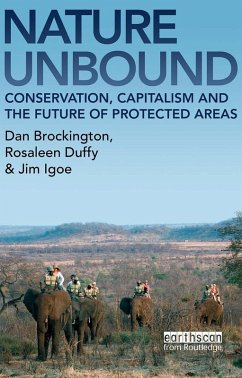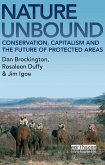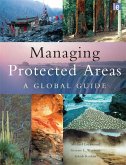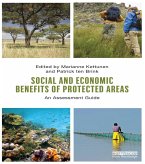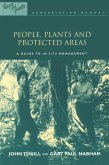The book explores key debates on devolution, participation and democracy; the role and uniqueness of indigenous peoples and other local communities; institutions and resource management; hegemony, myth and symbolic power in conservation success stories; tourism, poverty and conservation; and the transformation of social and material relations which community conservation entails. For conservation practitioners and protected area professionals not accustomed to criticisms of their work, or students new to this complex field, the book will provide an understanding of the history and current state of affairs in the rise of protected areas. It introduces the concepts, theories and writers on which critiques of conservation have been built, and provides the means by which practitioners can understand problems with which they are wrestling. For advanced researchers the book will present a critique of the current debates on protected areas and provide a host of jumping off points for an array of research avenues
Dieser Download kann aus rechtlichen Gründen nur mit Rechnungsadresse in A, B, BG, CY, CZ, D, DK, EW, E, FIN, F, GR, HR, H, IRL, I, LT, L, LR, M, NL, PL, P, R, S, SLO, SK ausgeliefert werden.
'Due to its wide range of topics, Nature Unbound is an excellent introduction to critical perspectives on conservation. Furthermore, the organization of every chapter makes it possible to read each of them separately without losing sight of the central argument.' - Alejandro Camargo, PhD candidate in Geography, Syracuse University

